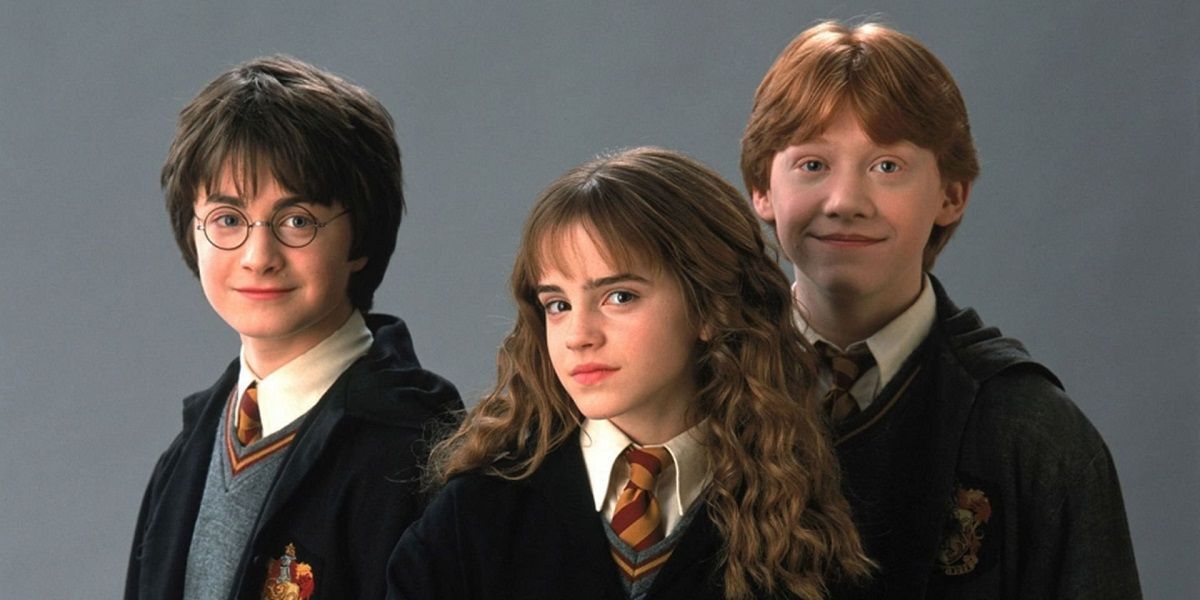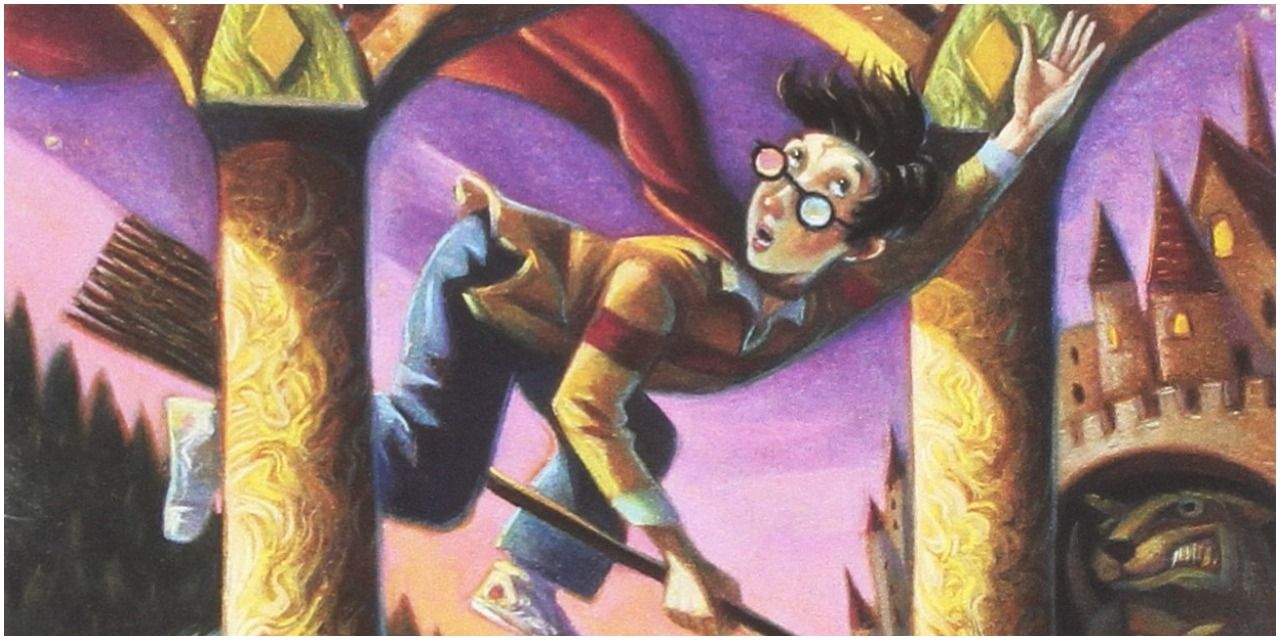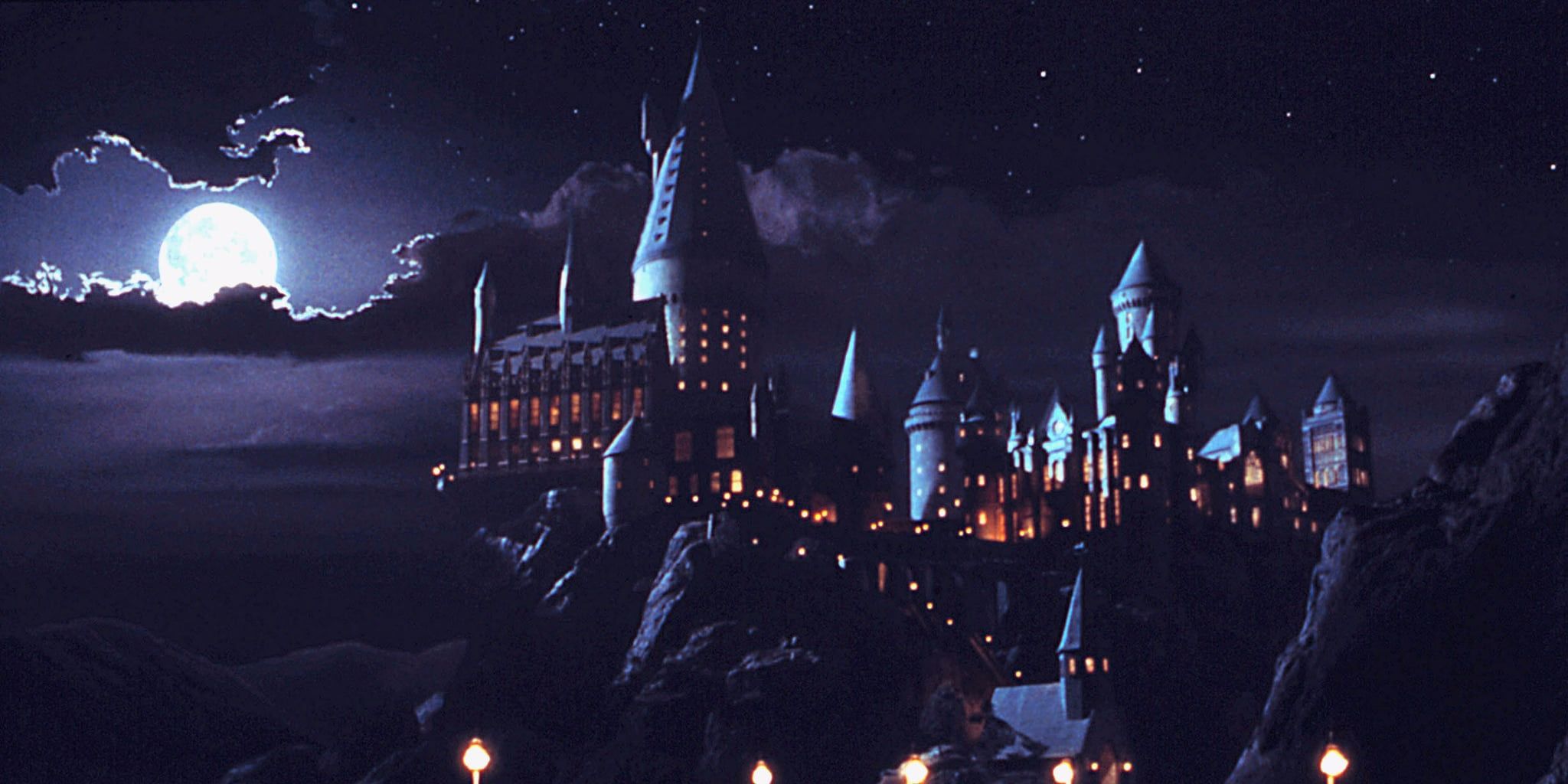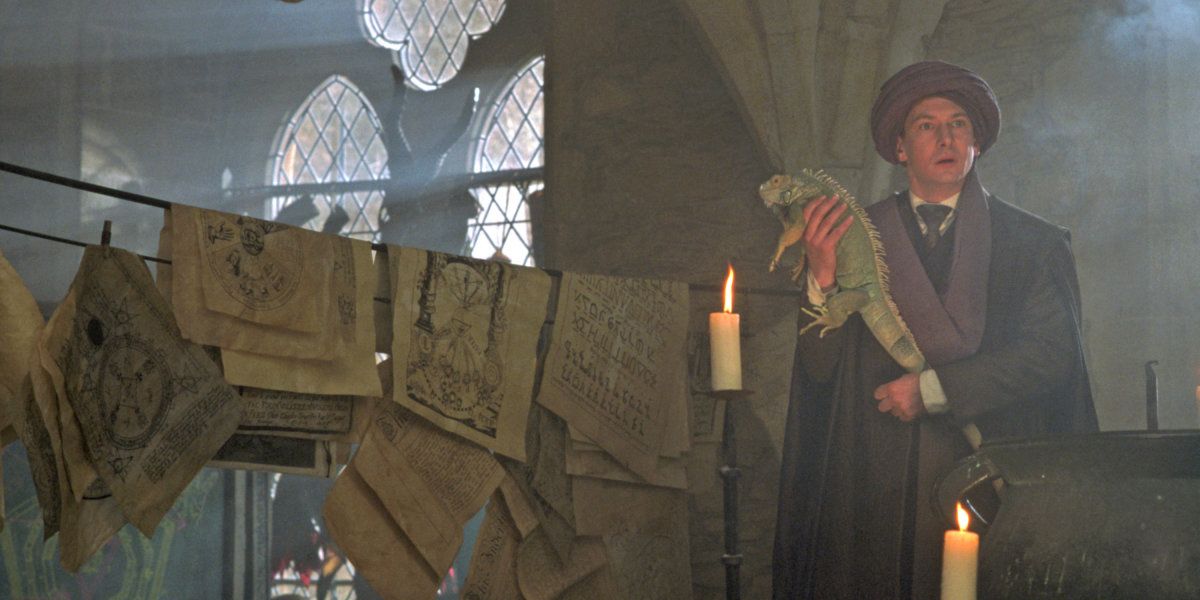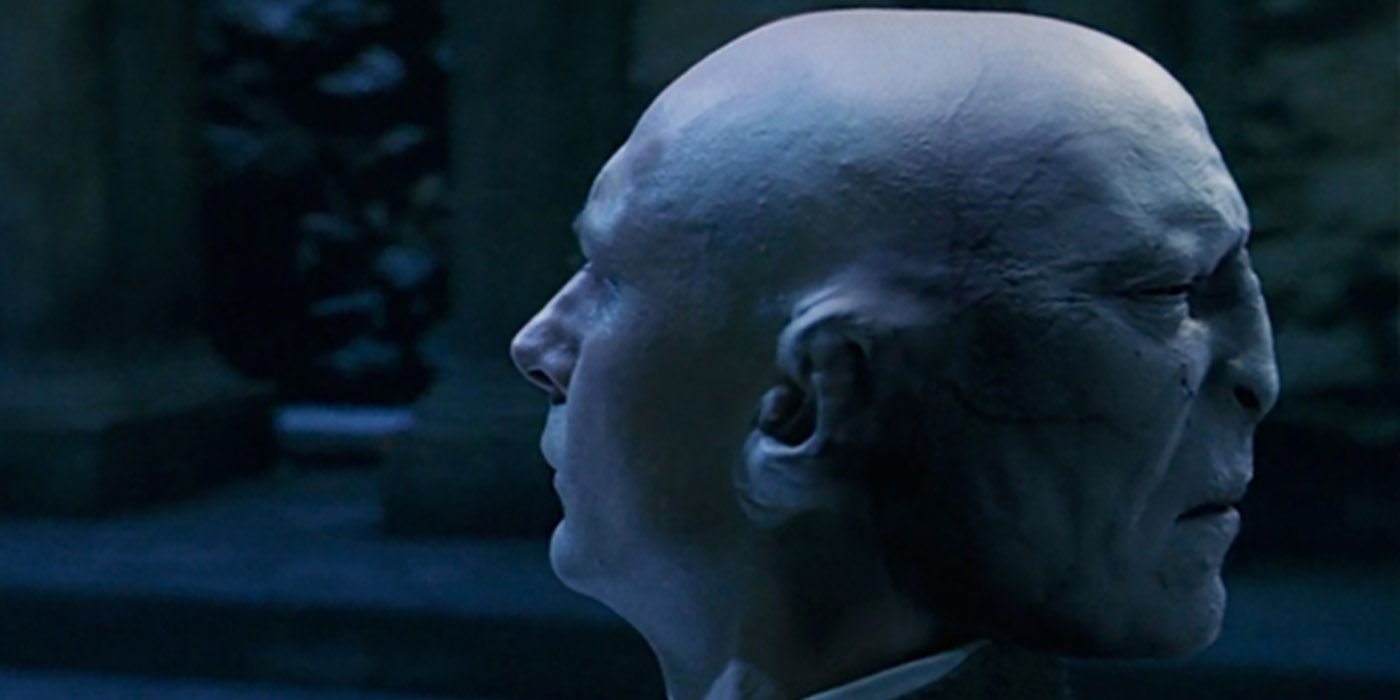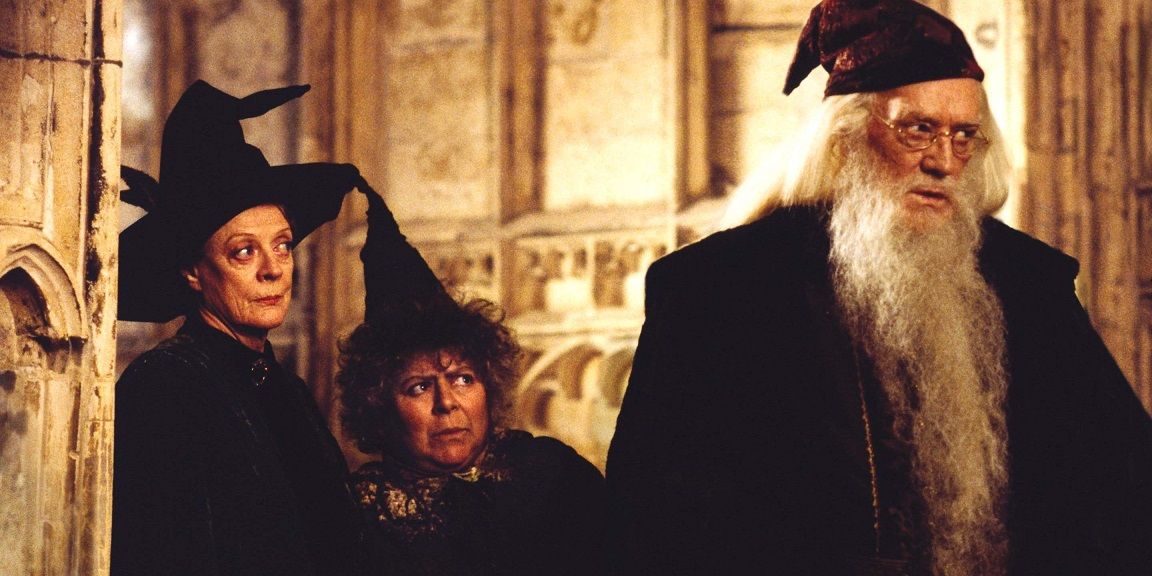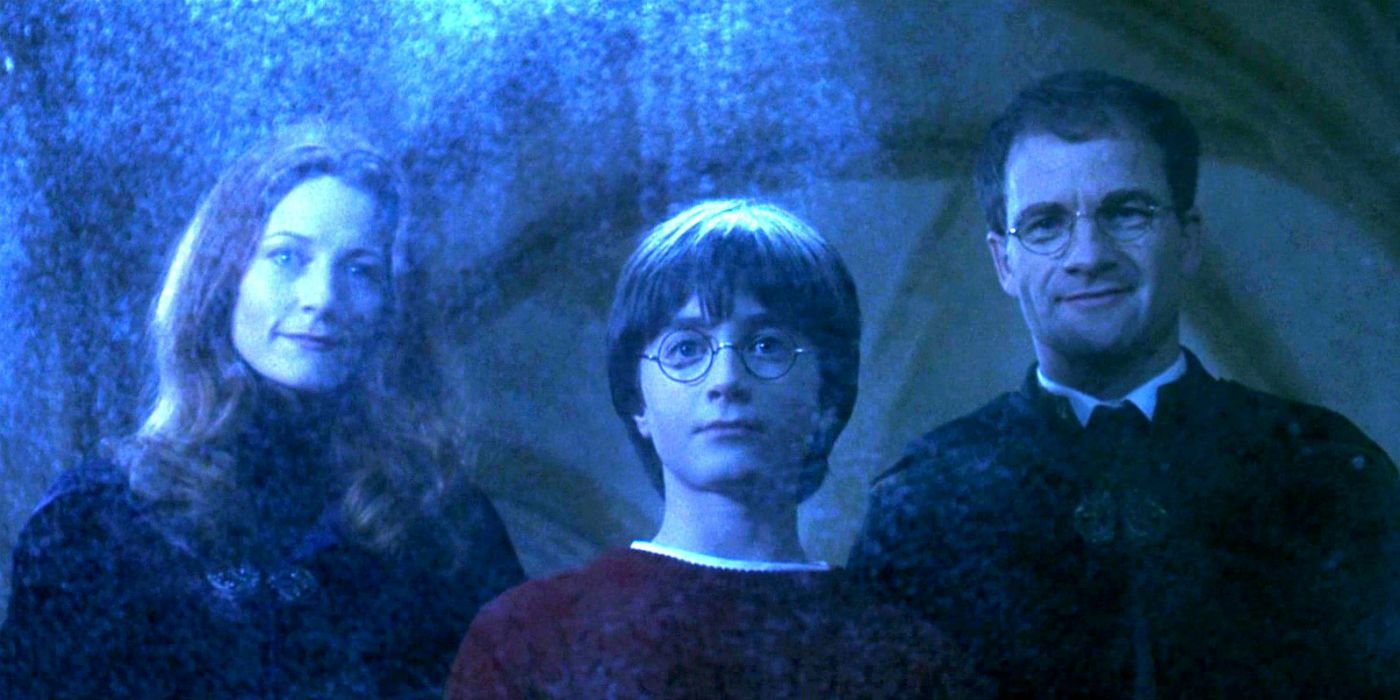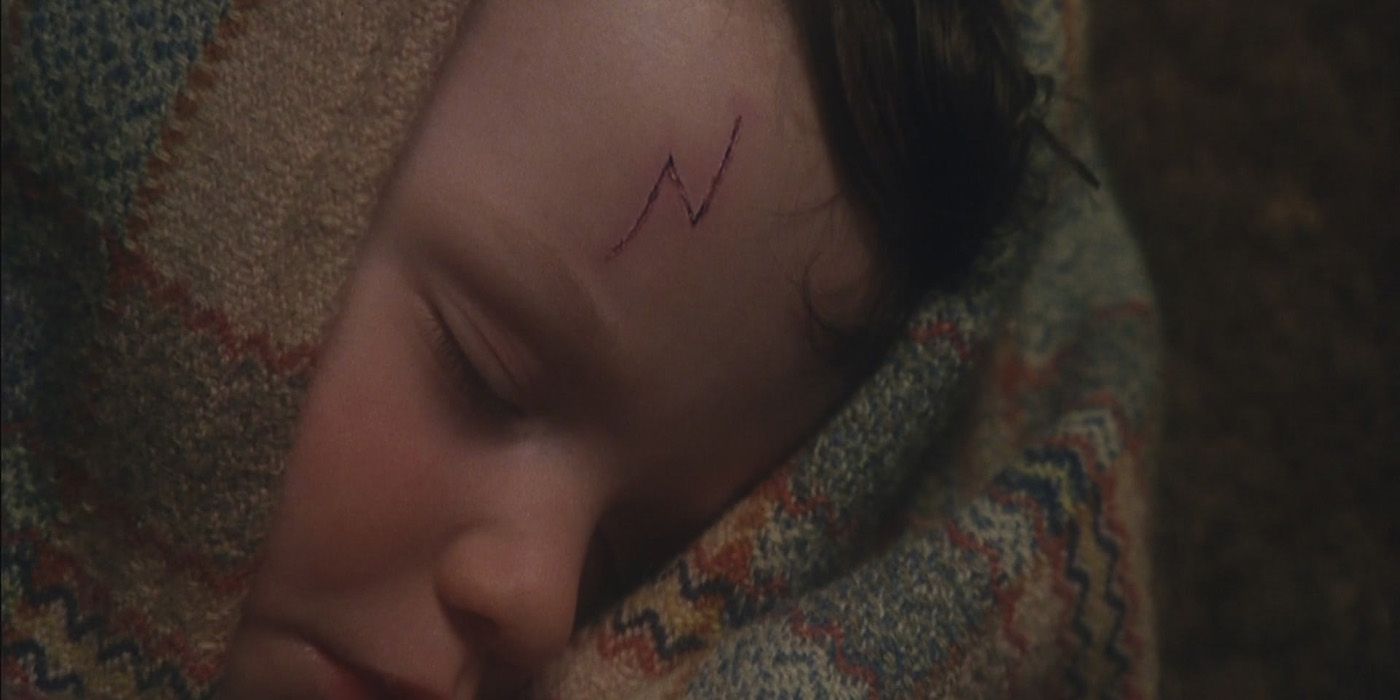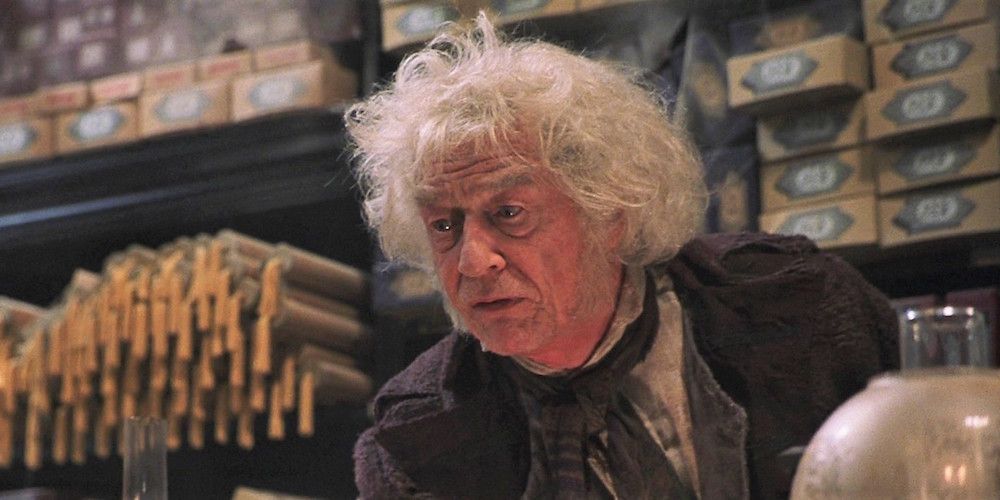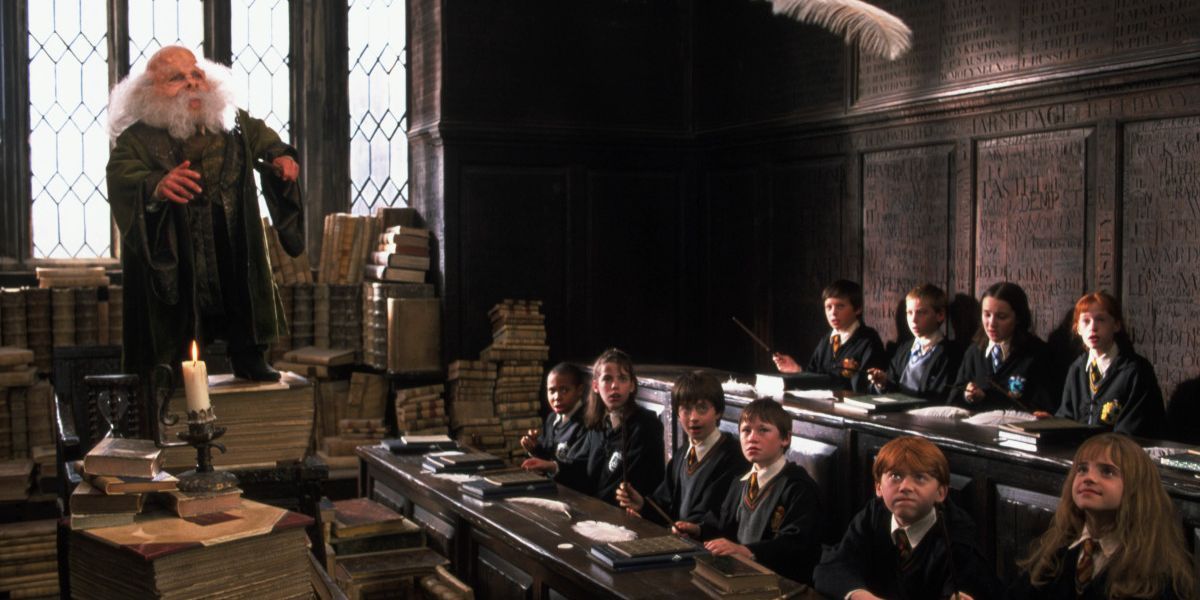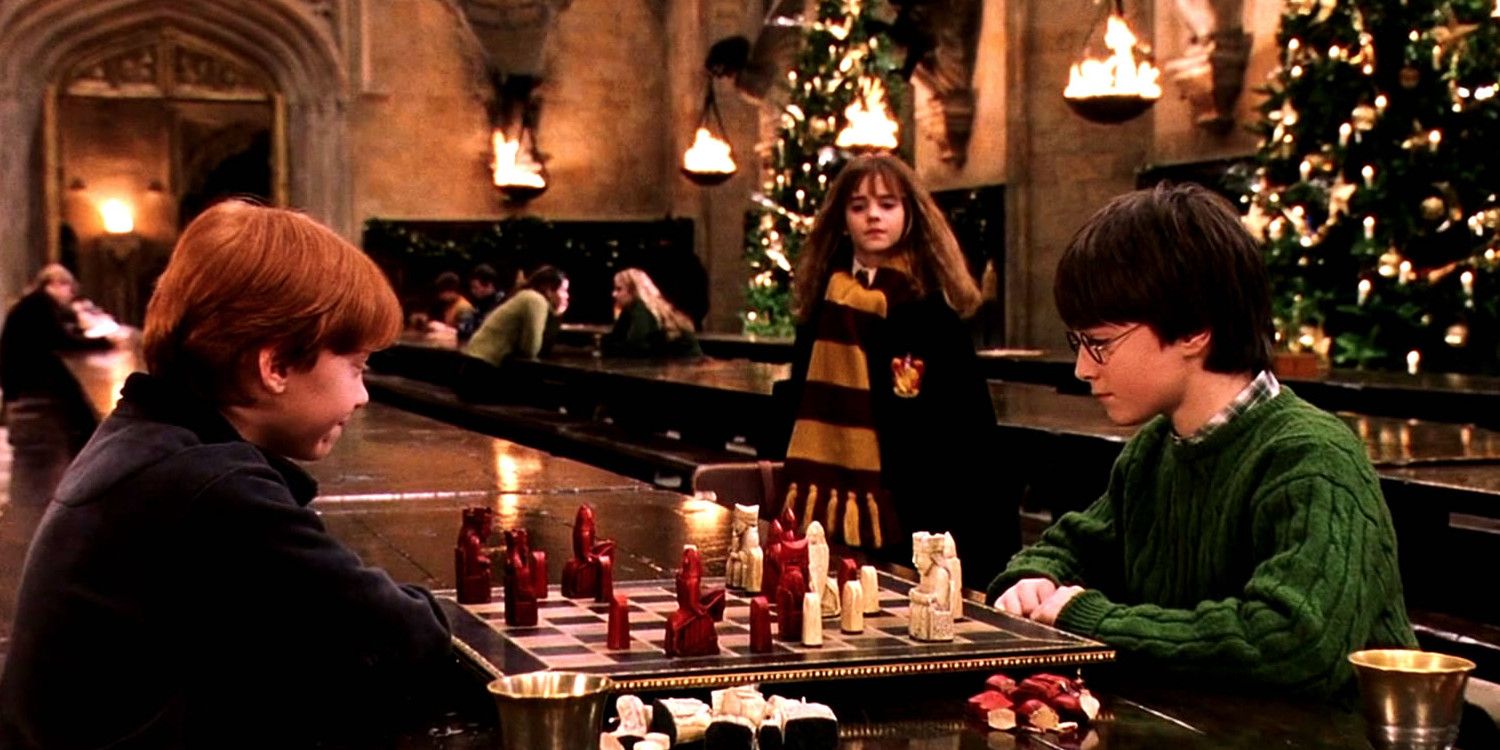When both the book and film versions of Harry Potter and the Philosopher's Stone were released, no one could have predicted the level of success that they or the rest of the Harry Potter saga would achieve. But it's easy to see why so many children and adults immediately fell in love with the story of Harry Potter and the Philosopher's Stone.
The first tale of Harry Potter that J.K. Rowling wove was a story that was thrilling and mysterious, and it revolved around a cast of characters that were very intriguing and relatable. Although the story itself was compelling and an exceptional achievement as a first attempt at writing, there are a few flaws within its creation and execution of said story. The Philosopher's Stone has plot holes like any average book and film does, and here are 10 of the most noticeable reasons why some parts of The Philosopher's Stone just doesn't make any sense.
Clearly Not Every Evil Wizard Comes From Slytherin
Granted, Slytherin does seem to be the house in Hogwarts School of Witchcraft and Wizardry hosts majority of the wizards who go dark, however Hagrid's statement to Harry that "There's not a single witch or wizard who went bad who wasn't in Slytherin" is clearly untrue and Hagrid knows it.
Aside from there being plenty of dark wizards from any house, Hagrid personally knows of wizards who have gone to the dark side who weren't in Slytherin. It's unfortunate that this one statement from Hagrid seems to color how everyone looked at Slytherin from that moment forward.
How Does Every House Take An Even Number Of Students?
When a new student starts at Hogwarts School of Witchcraft and Wizardry, they're subjected to the infamous sorting hat in order to figure out which Hogwarts house is right for them. And there are a lot of different criteria that the hat sifts through in order to choose the right house.
But miraculously it seems like the students who go to each house are pretty even within each class. If the house that each student goes to is dictated by their personalities, then what is the likelihood that every incoming Hogwarts class is equally split among all of the houses?
Why Wasn't Dumbledore Suspicious Of Quirrell?
Voldemort and his agents are undoubtedly very sneaky when it comes to achieving their desires, and I guess Dumbledore does deserve a break since Harry's first year at Hogwarts is also the first time that Voldemort makes himself known once again.
However, it's a little odd that the most brilliant wizard alive today never even had an inkling that Professor Quirrell was up to something. Moves like letting a troll into the school are big moves to be making, and it'd be pretty difficult to do that without making a mistake or drawing attention to yourself.
Why Wasn't Anyone Else Suspicious Of Quirrell?
Dumbledore shoulders a chunk of the blame when it comes to not realizing that Professor Quirrell was literally wearing Lord Voldemort on the back of his head, but it's bizarre that no one else picked up on anything strange either. I mean, he literally has another face on the back of his head!
Did his turban never slip in all the time he was at Hogwarts? How in the world was Voldemort even breathing back there? Obviously he was keeping his eye on the prize but even the most dedicated person would have trouble sitting in the dark without making a sound all day, every day.
Why Didn't Dumbledore Destroy The Stone?
The Philosopher's Stone was an incredibly powerful and valuable piece of magic, but any reasonable person would realize that the risk posed if Lord Voldemort (or any witch or wizard with ill intentions, really) ever got his hands on it was just too great.
Dumbledore is a smart man on his own but learned even more from his experiences with Lord Voldemort. The ability to live forever is an incredibly tempting choice that leads people to commit dangerous and crazy things, so destroying the stone in order to take that option off the table was just the smarter move.
Why Didn't Quirrell Get The Stone?
Now this is another plot twist that sounds like Dumbledore outsmarting everyone on the surface, but makes almost no sense the minute you think it through. Dumbledore hid the stone in the Mirror of Erised and enchanted it with the caveat that anyone who saw themselves in the mirror with the philosopher's stone would get it, just as long as they didn't want to use the stone for themselves.
However, Professor Quirrell didn't want to use the stone for himself. He wanted to use it for Voldemort. So by the enchantment's logic, Quirrell should have been able to get it.
Harry's Changing Ages
If there is something that was inconsistent in The Philosopher's Stone that continued throughout the course of Harry Potter, that would be the age Harry was when his parents were killed by Voldemort.
At times it looks like Harry is with his parents when he is already a toddler, but when Dumbledore and McGonagall drop Harry off on the doorstep of Privet Drive he is very clearly a young baby. Obviously if he was already being given to the Dursleys his parents would be dead, which is impossible given his age in scenes with his parents later.
Ollivander Should Be Out Of Business
According to the math laid out in the Harry Potter books, Ollivander's wand shop should be out of business. This is admittedly the kind of plot hole that only matters to the most pedantic of fans, but it is a plot hole nonetheless.
In the books, a wand from Ollivander costs seven Galleons. But we also learn that a unicorn hair, one of the typical cores of an Ollivander wand, costs ten Galleons. One could theorize that Ollivander gets a bit of a discount because he'll undoubtedly buy in bulk, but clearly his profit margins are razor thin at best.
Does Any Education Besides Magic Matter?
When students begin attending Hogwarts they're pretty young. Clearly they're old enough to have learned some basic reading, writing, and math, but their education in standard school subjects is still far from complete. However, it seems that Hogwarts never bothers to educate students in any skills aside from magical ones.
Granted, if you're a witch or wizard then it's not a stretch to say that you won't need a lot of standard educational skills on a day to day basis. However, the ability to read and write are necessary skills even for someone who's life is made easier by magic.
Why Couldn't The Professors Outsmart 11 Year Olds?
The main thrust of The Philosopher's Stone is Voldemort's quest to acquire the stone and bring himself back to life, along with the professors at Hogwarts doing whatever they can to foil his plans. However, their plans don't seem very impressive upon closer examination.
Every professor comes up with tricks to protect the Philosopher's Stone, however the work of every single teacher at Hogwarts apparently isn't enough to even foil three freshmen. The golden trio are the heroes so it's no surprise that they succeed, but it doesn't reflect very well on the teachers at Hogwarts.

